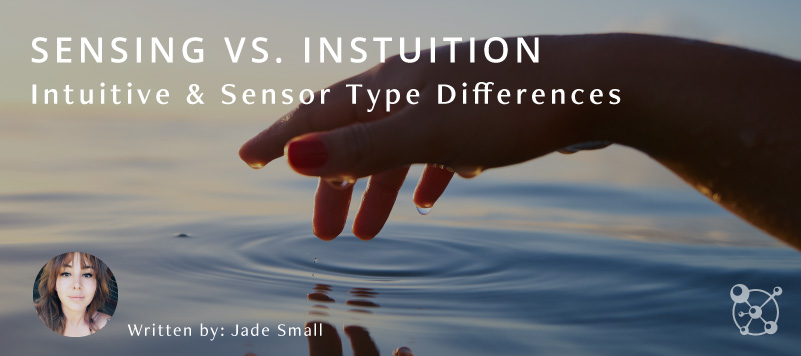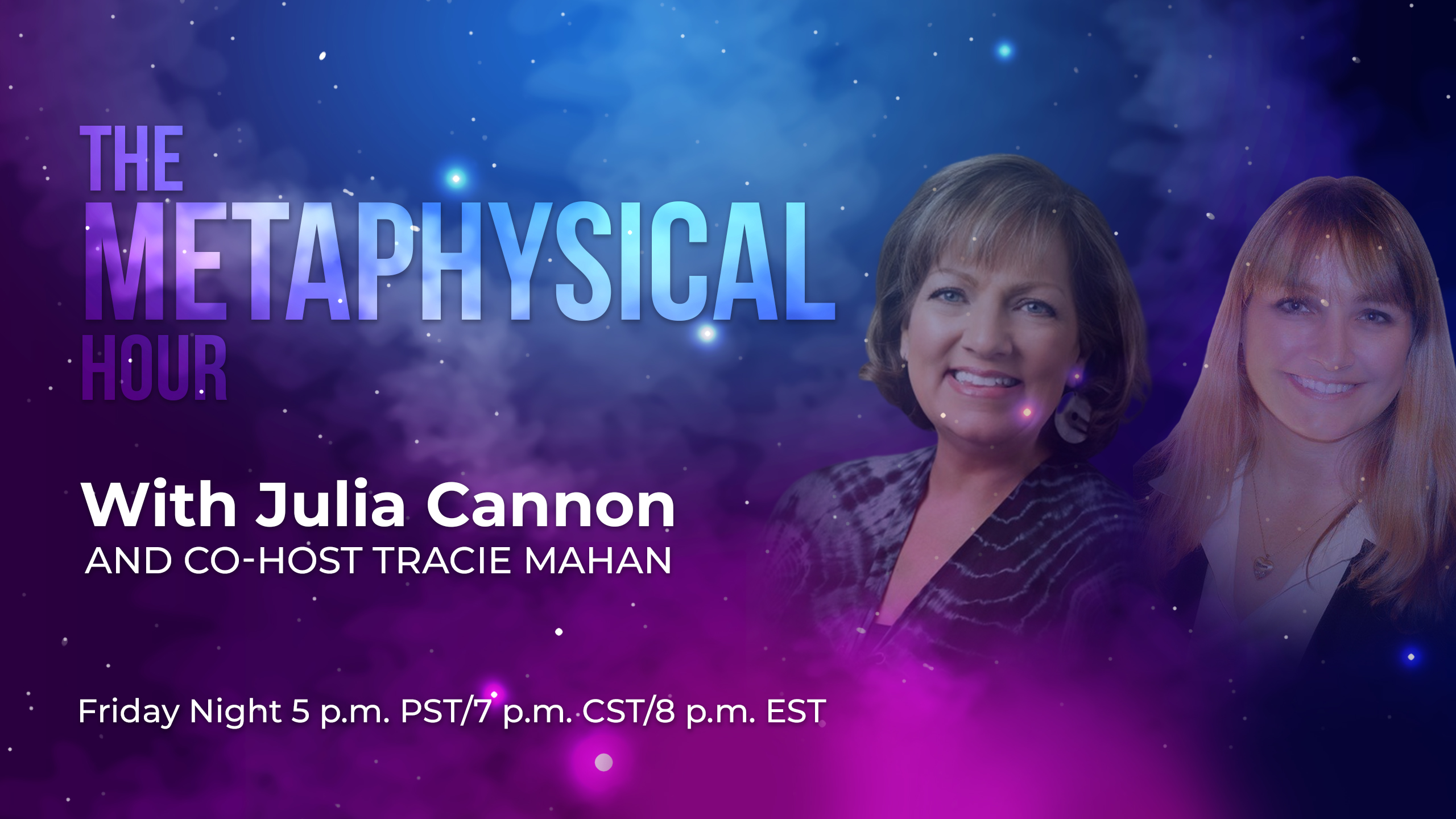While intuition involves tapping into subconscious insights and inner knowing beyond rational thought, sensing relies on the tangible input from the physical senses to perceive and understand the external world. Both intuition and sensing play important roles in decision-making, problem-solving, and understanding our surroundings, but they operate through different mechanisms and perspectives.
Table of Contents
MBTI sensing vs intuition: Key takeaways
- • In the Myers-Briggs Type Indicator (MBTI), sensing (S) and intuition (N) represent two contrasting ways individuals perceive and process information.
- • Sensing types tend to focus on concrete, tangible details, relying on their five physical senses to gather information.
- • They are grounded in the present moment, preferring practical, realistic approaches to problem-solving. In contrast, intuition types gravitate towards abstract patterns and future possibilities, seeking underlying meanings and connections beyond the surface.
- • They enjoy exploring ideas and imagining various outcomes, often displaying a future-oriented perspective and an openness to unconventional possibilities.
- • These preferences influence how individuals perceive the world, make decisions, and interact with others, shaping their unique perspectives and approaches to life.
Myers Briggs sensing vs intuition: What is the difference?
The difference between intuition and sensing is that sensing is physical because you rely on your five physical senses like sight, sense of touch, taste, hearing, or smell. Your intuition is spiritual and it is based on the interpretation of your thoughts and feelings, which is what intuitive individuals tend to do. The sensing type makes up three-quarters of the world’s population, making the intuitive type far rarer.
The Myers-Briggs type indicator, also known as MBTI (and will be referred to as such), was created by Carl Jung. It is a great tool with which we can understand our loved ones. Comprised of four sectors; extroversion or introversion; sensing vs intuition, thinking vs feeling, and judging vs perceiving, but we will focus on intuitive vs sensing.
The benefits of sensing over intuition
Below are some benefits of the intuitive personality example in Myers Brigg’s personality traits of sensing people’s experience over the intuitive type.
- • Can make quick decisions and take action on something they have similar past experiences.
- • Great observation powers attention to detail.
- • Lives in the here and now and focus on their physical reality.
- • Makes sure they understand the whole situation before taking action.
- • Down-to-earth, practical, logical, and pragmatic.
The benefits of intuition over sensing
What does intuition mean in personality? Myers Briggs personality trait advantages of the intuitive person include:
- • Theories and philosophers who appreciate all possibilities.
- • Able to focus and appreciate the bigger picture.
- • Have strength in their abstract thought and imagination.
- • Loves coming up with new concepts and solutions.
- • Ability to empathize easily, or see things from someone else’s perspective.
- • Can predict or jump to conclusions with only a fraction of the information.
The difference between Intuitive and Observant
The difference between being intuitive and observant lies in how individuals perceive and process information:
• Intuitive: Intuitive individuals focus on abstract patterns, underlying meanings, and future possibilities. They are often guided by their gut feelings and inner insights, relying on intuition rather than tangible evidence. Intuitive people tend to think conceptually, making connections between seemingly unrelated ideas and exploring imaginative possibilities beyond what is immediately apparent.
• Observant: Observant individuals pay attention to concrete, tangible details in their environment. They rely on their five physical senses to gather information and perceive the world around them. Observant people are grounded in the present moment, preferring to focus on what is directly observable and relying on factual evidence rather than abstract concepts or intuition.
Sensing vs intuition examples
Even though it can be easy to read in black and white, when it comes to psychology, noticing these different personality types’ methods can be harder in person. In order to bring clarity to this, we have come up with some real-life examples of the perceptions of an intuitive vs sensor personality type.
Music
If you were to gaze upon Stary Night by Van Gogh, do you see just the intricate swirls and blends of colors as a sensing person might, or does it inspire deeper thoughts and emotions as it would with an intuitive person?
At work
If you are given a problem to solve at work, do you scrutinize the details of the issue so you can execute the most efficient strategy as a sensing person would? Or, do you come up with a new plan to ensure this problem does not repeat itself in the future.
 Sense of direction
Sense of direction
A sensing person would be able to tell you in extreme detail how to find a certain shop on a particular road as they take in their physical world very well. An intuitive person might not be aware of that shop, even if they travel on the same road every day on their way home from work.
In artwork
If asked to describe a picture or a painting, a sensing person will talk about the shapes or the colors used whereas an intuitive person will perceive a theme, and speak about its deeper meaning.
Examples of the Sensing personality type
Out of the 16 different personality types on the Myers-Briggs type indicator we have listed some examples of the intuitive personality types below,
ISFP – the Artist
- • Lovers of freedom and living in the present
- • Being creative brings them joy
- • Reserved and introverted, yet loyal and independent.
- • Does not like to be in the limelight
- • Practical people who love appreciating beauty as well as creating it.
- • Soft and empathetic
- • Care-free adapts easily and dislikes routine
 ISFJ – The Defender
ISFJ – The Defender
- • Cares a lot for other people’s feelings and opinions.
- • Will come up for anyone they feel is being wronged.
- • Will carry out acts of kindness without expecting anything in return
- • Introverted yet friendly
- • Lovers of routine and have a great work ethic, ensuring tasks are completed.
- • strong attention to detail
- • Disapproves of conflict.
ESTP – the persuader
- • Extraverted, gregarious, and jovial.
- • Able to convince other people to do anything.
- • Lives in the present moment.
- • Excited about life and a keen risk-taker
- • Realistic, assertive, and concrete in their ideas, even though their skill lies in persuasion they are not persuaded as easily.
- • Detached, does not take anything personally
- • Realistic and down-to-earth thinkers yet they are spontaneous and carefree in action.
Examples of the Intuitive Personality Type
Out of the 16 different personality types on the Myers-Briggs type indicator we have listed some examples of the sensing personality types below.
ENTP – The Originator
- • Extraverted, assertive chatter-boxes.
- • Enthusiastic about all possibilities.
- • Innovative, intuitive, and quick thinkers with an abstract thought process.
- • Imaginative and love coming up with new theories.
- • Focused on the future, or the big picture, and keeps all options open
- • Objective and impersonal
- • Inspired by interacting with other people.
 ENFP – The Optimist
ENFP – The Optimist
- • Extraverted, sociable people
- • They make great leaders with ample charm and enthusiasm.
- • They are carefree and spontaneous, if not impulsive.
- • Big dreamers, unswayed by life’s reality.
- • Extremely resourceful and creative
- • Loves being social, dislikes being alone.
- • Sensitive beings who live life according to their hearts.
INFJ – The Confidant
- • Introverted and loves their alone time, has a small group of close friends.
- • They are driven by their own personal growth and that of others.
- • Passionate and active with their causes.
- • Believe they have a deeper purpose
- • They carefully think through solutions
- • Warm, empathetic feelers and make decisions accordingly
- • Minds are set to the future
Interested in becoming a QHHT Practitioner?
Find out how YOU can become a QHHT Practitioner. We offer an entire online course journey to get you started, growing, and achieving your goals.


Jade Small
I am a creative and a wanderer. Mysteries and connections are what inspire me to write. While on my path, my purpose is to bring you information to help inspire you on your journey on this place called earth.
See more from these categories
Read similar posts

Wondering How to Trust the Universe When Things Go Wrong? It’s natural to feel lost when life doesn’t go as planned. However, learning how to have faith in the universe can transform your perspective. This practice involves believing…Read More»

In the realm of metaphysical literature, few names resonate as profoundly as Dolores Cannon. A luminary in the world of hypnosis and regression therapy, Dolores Cannon captivated readers with her unique ability to unlock the…Read More»


 Sense of direction
Sense of direction ISFJ – The Defender
ISFJ – The Defender ENFP – The Optimist
ENFP – The Optimist




Leave a Reply
You must be logged in to post a comment.